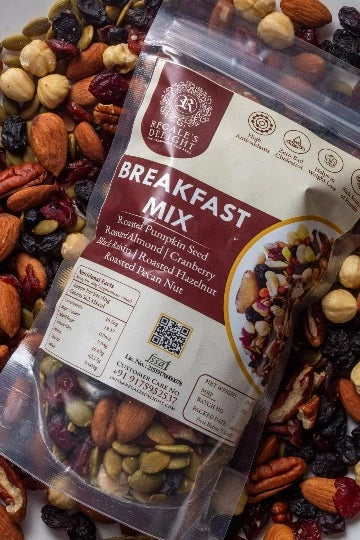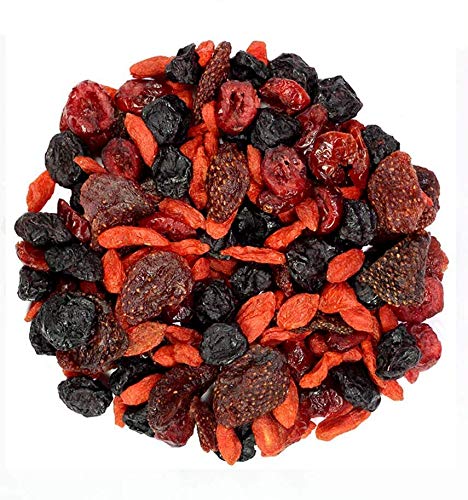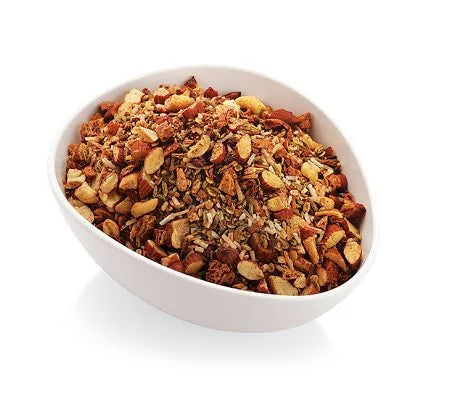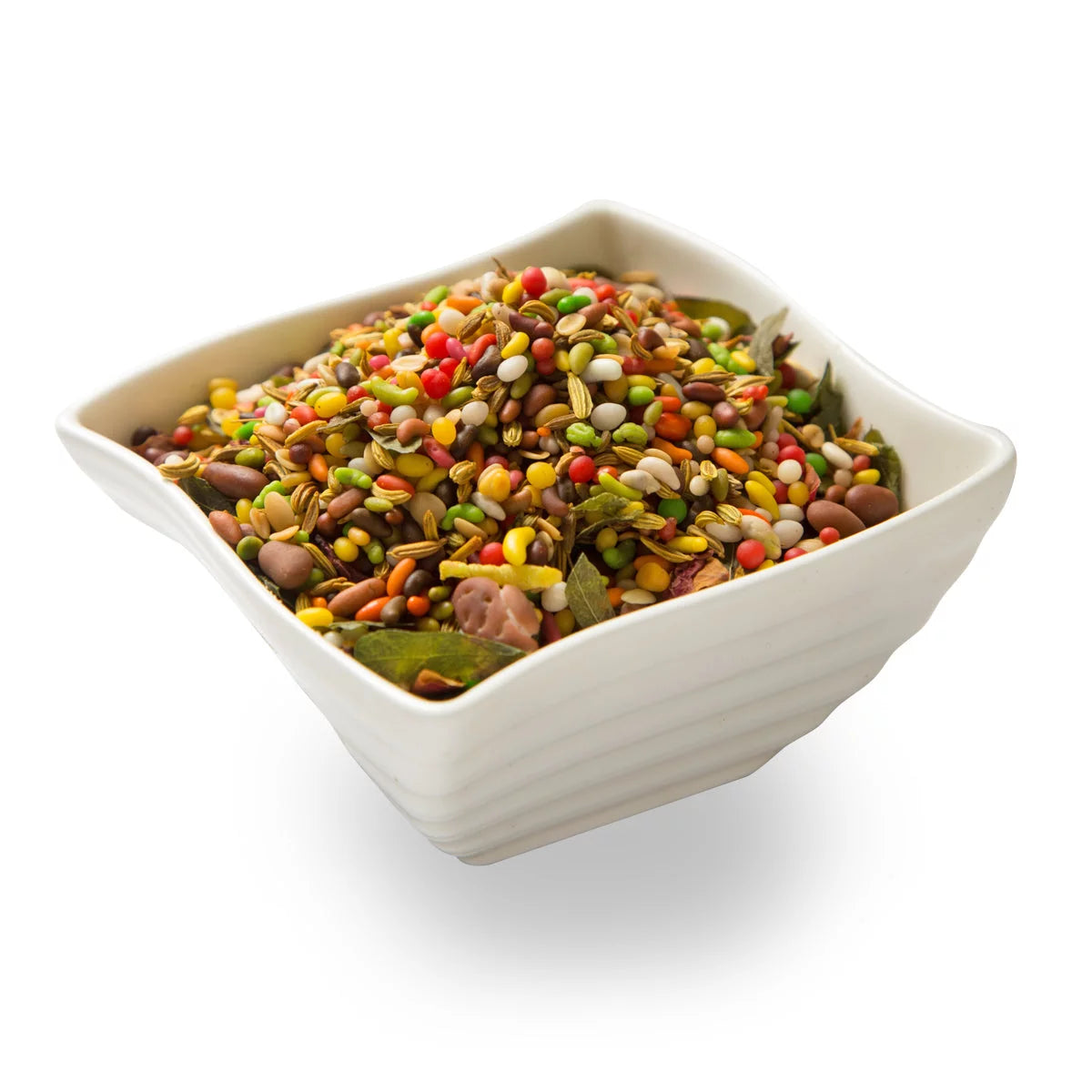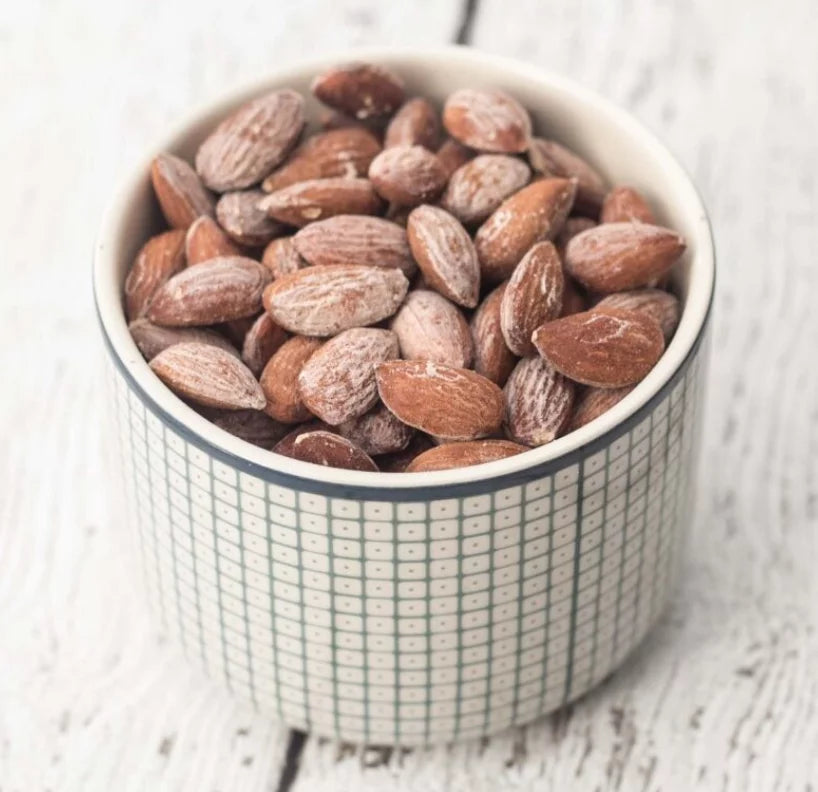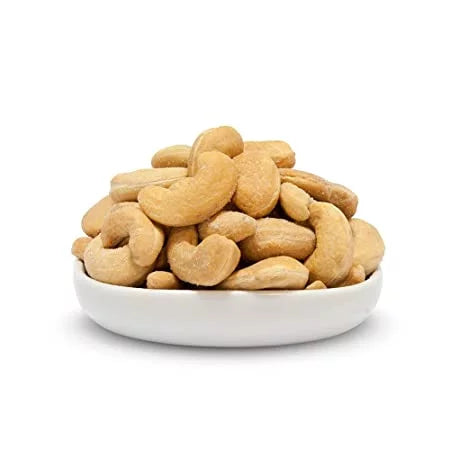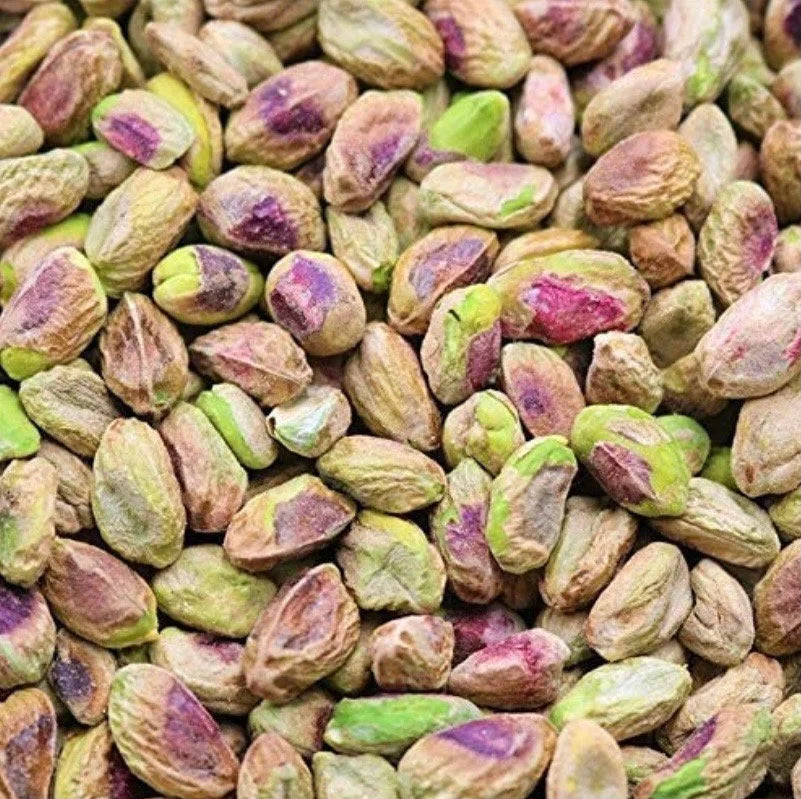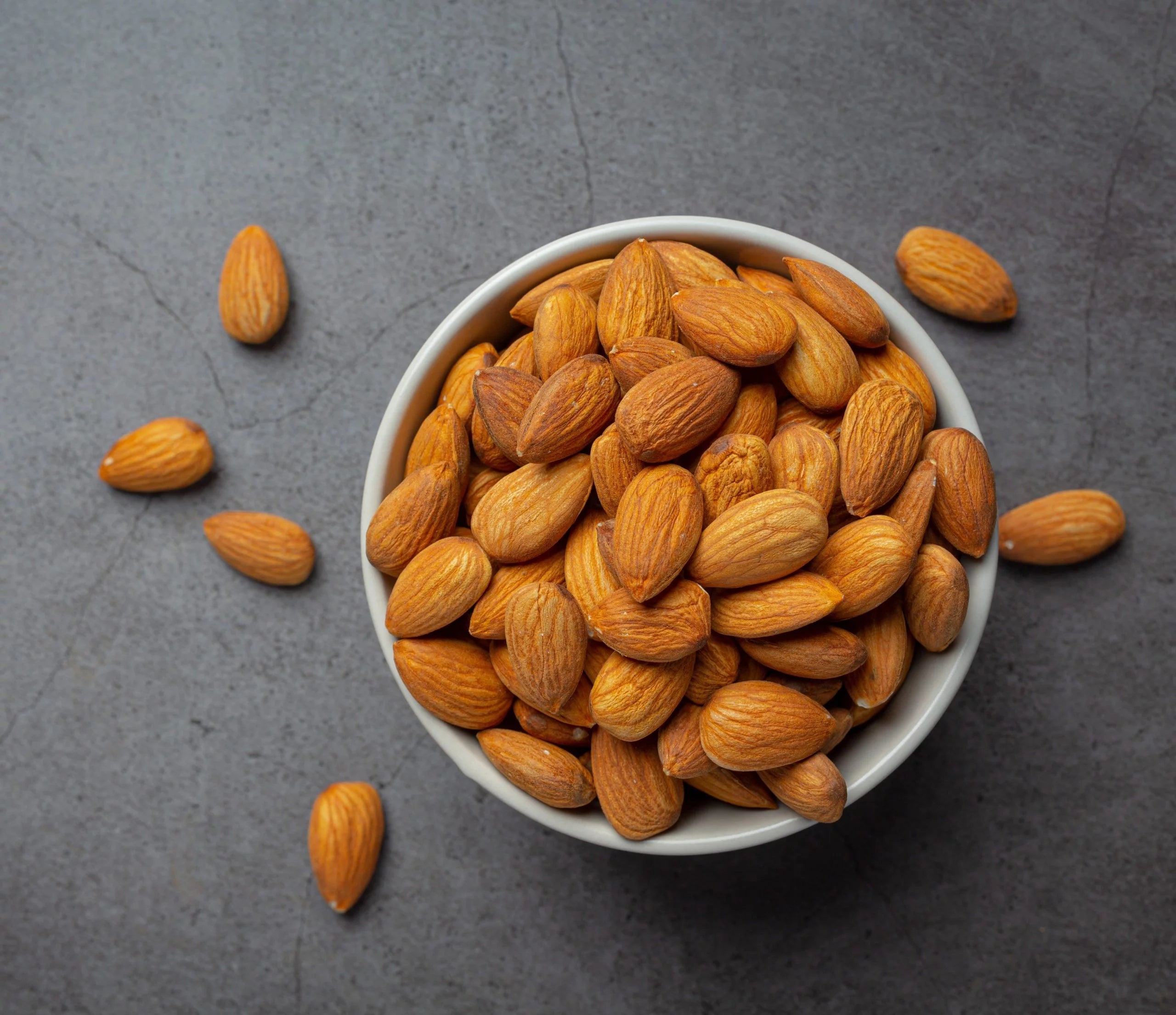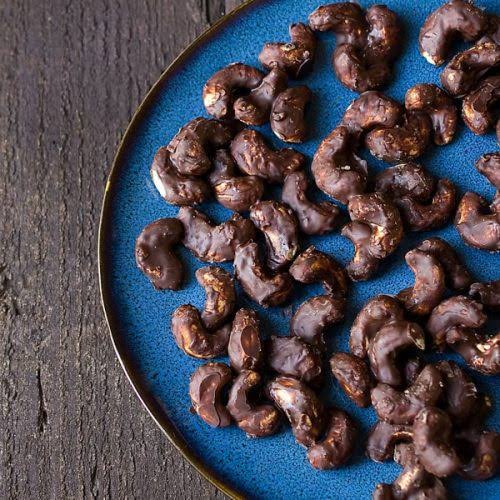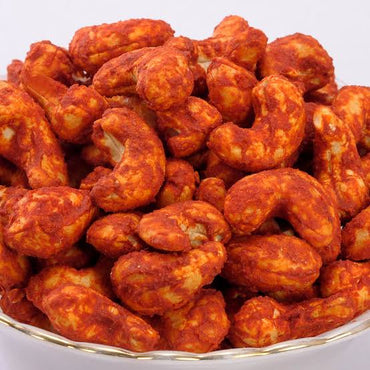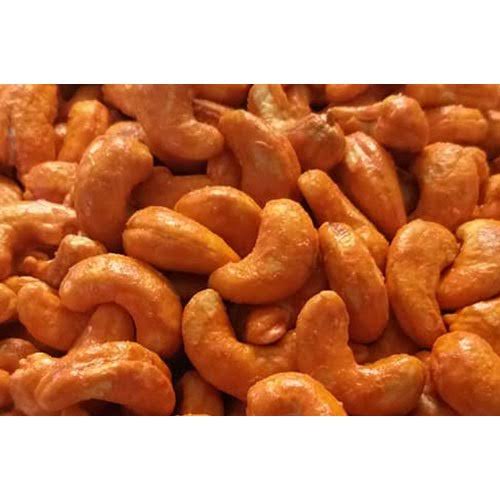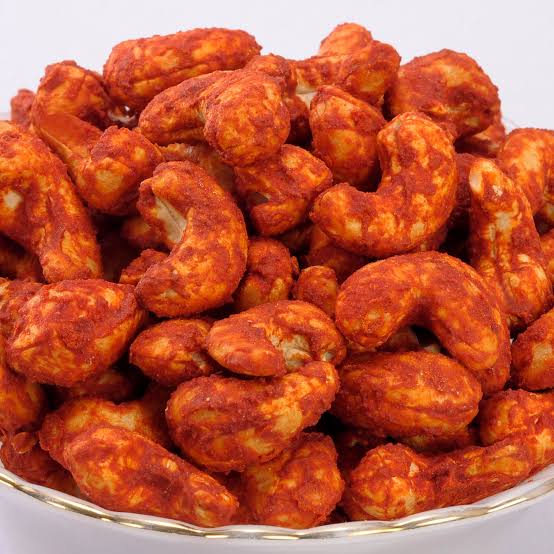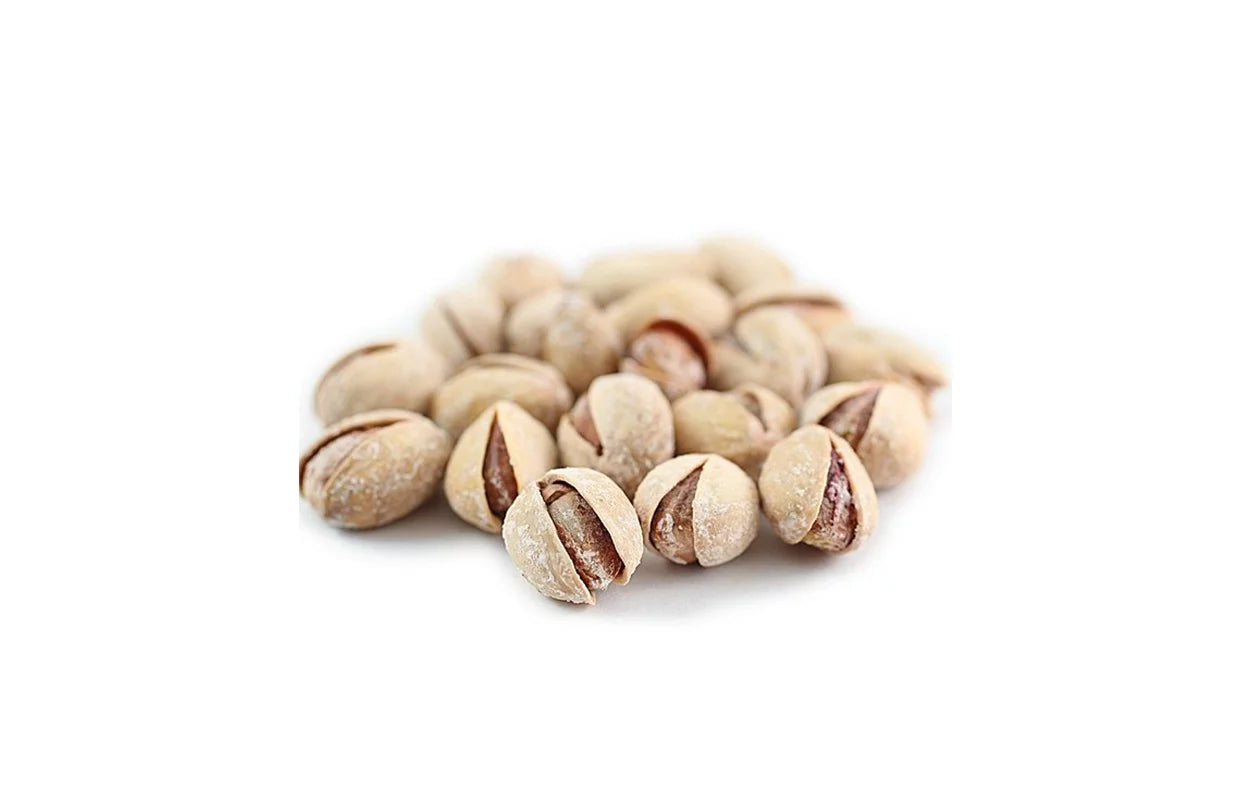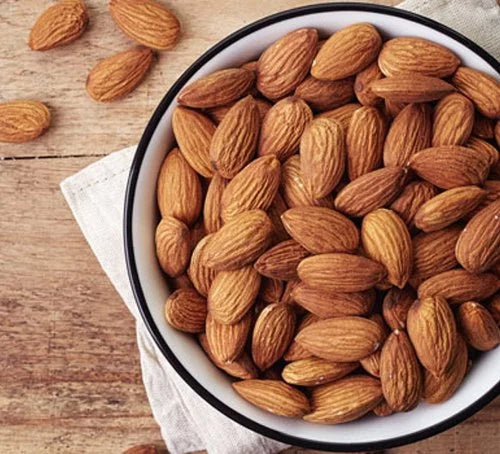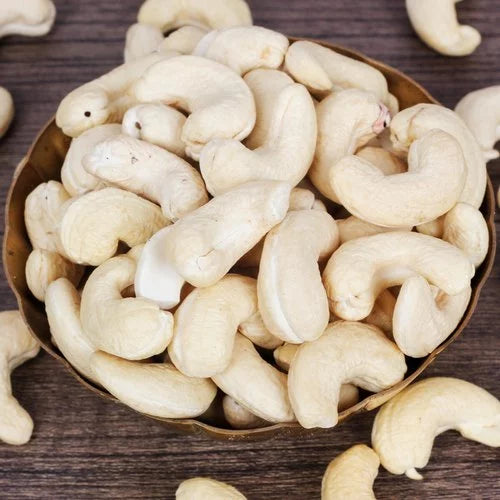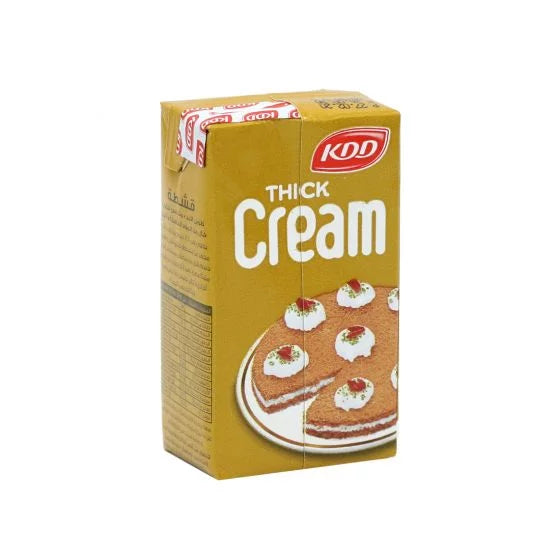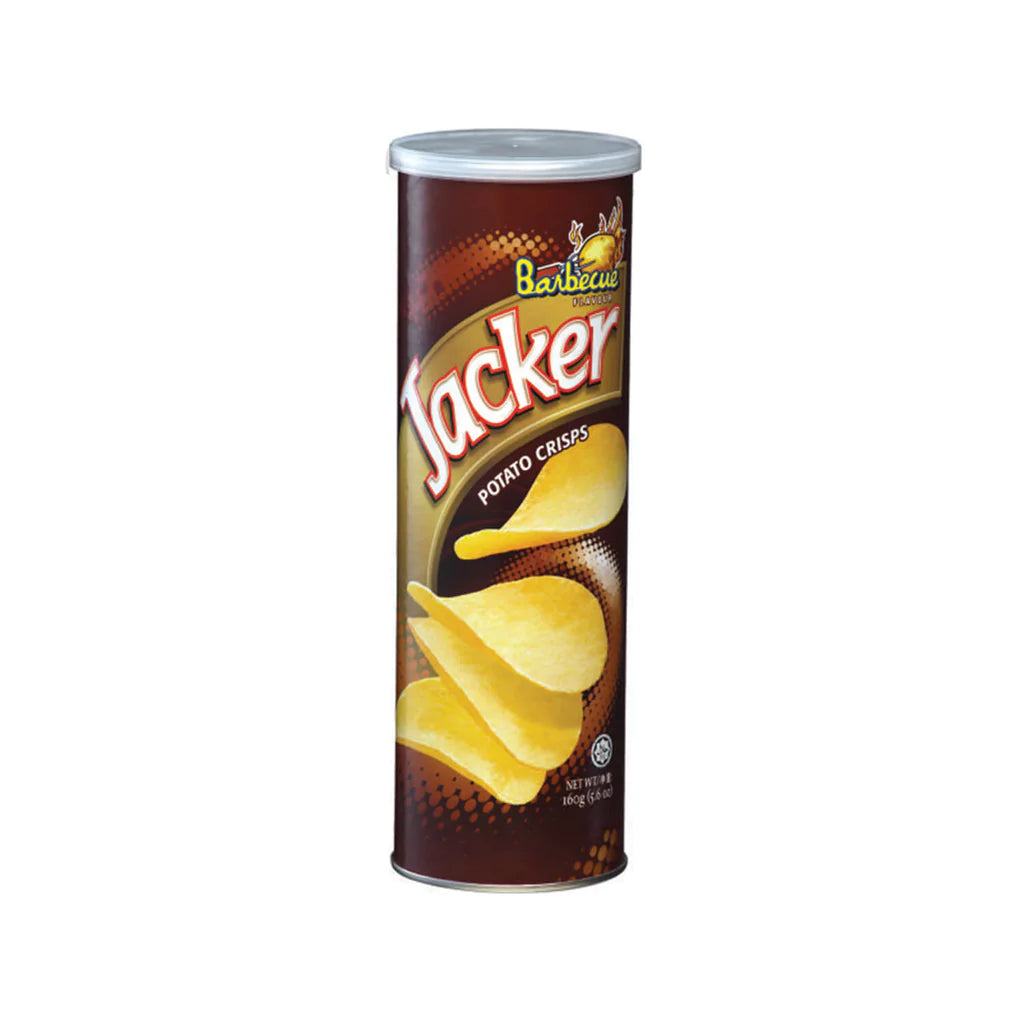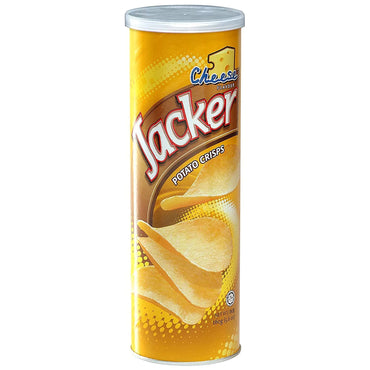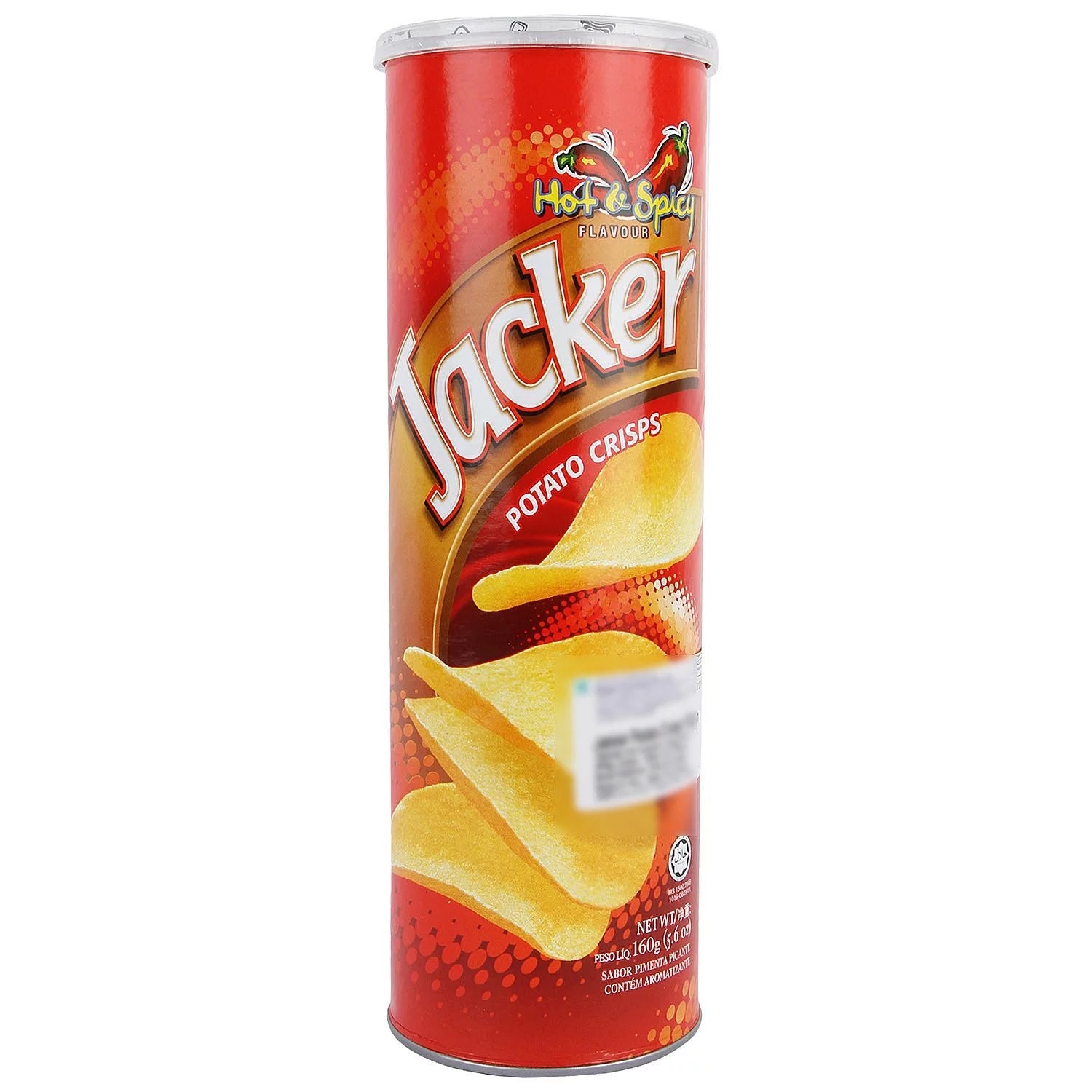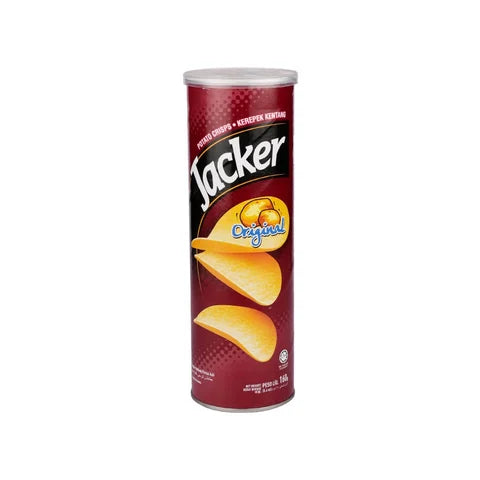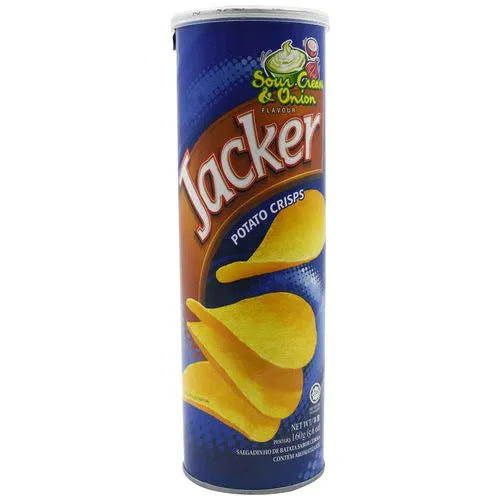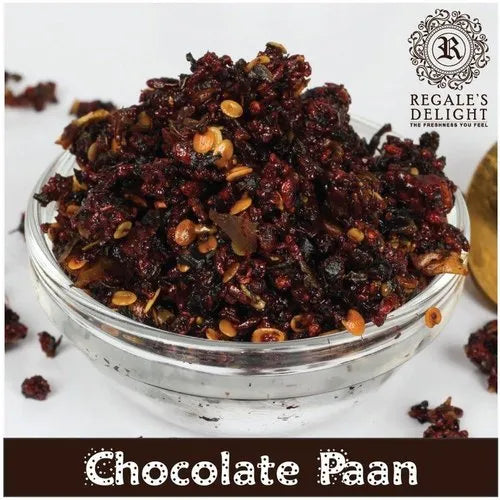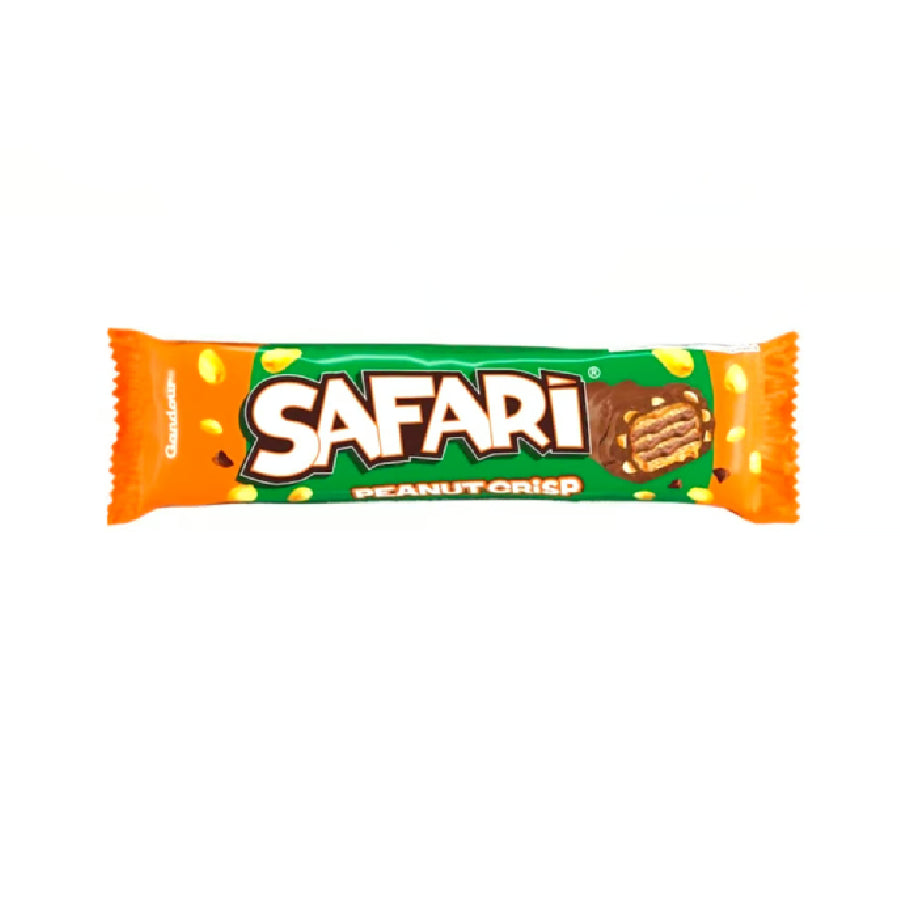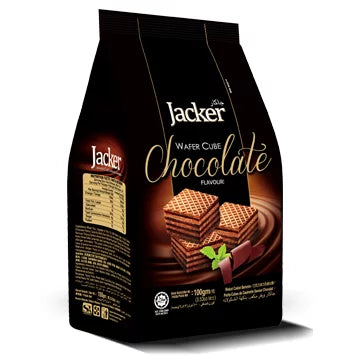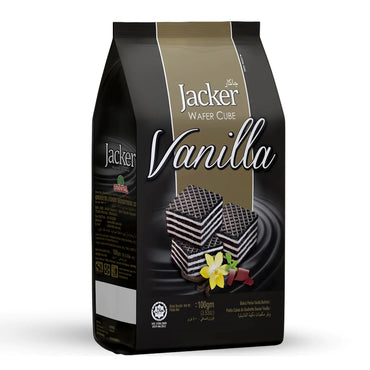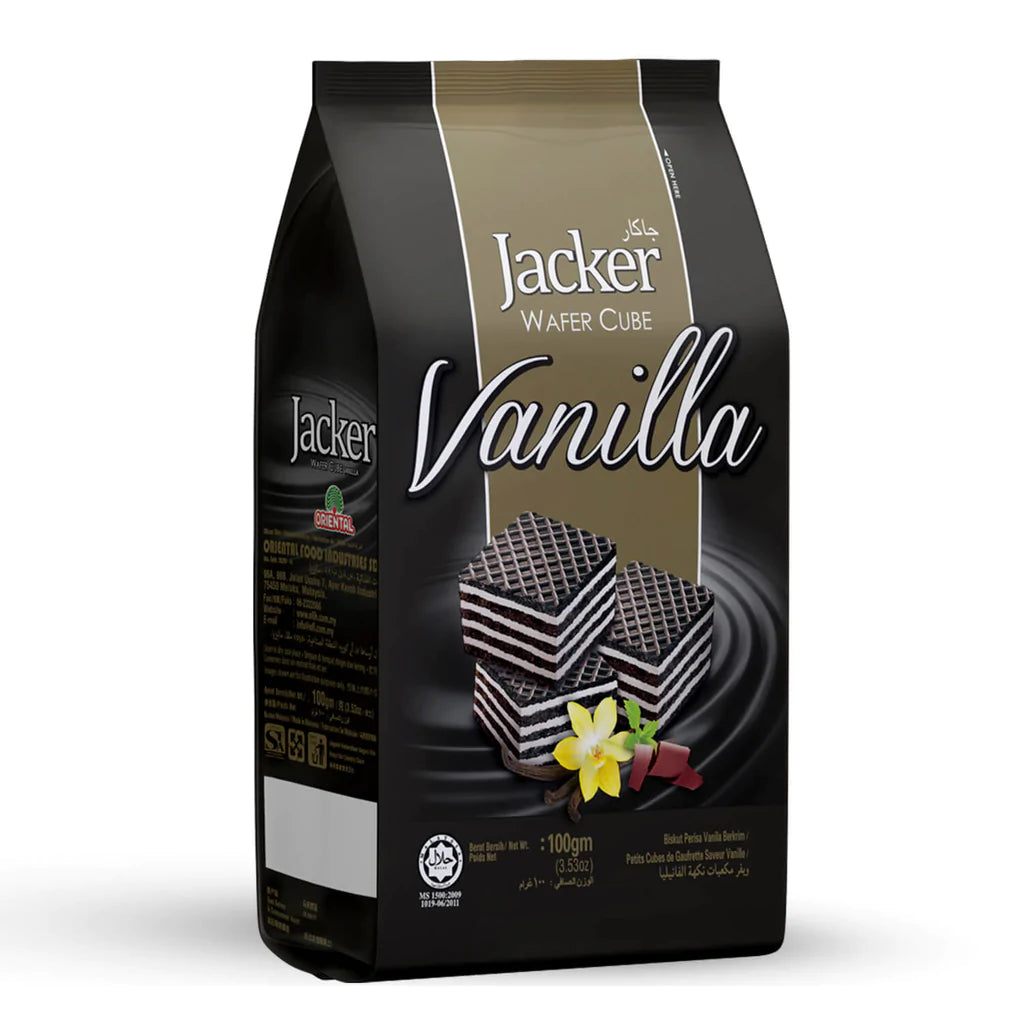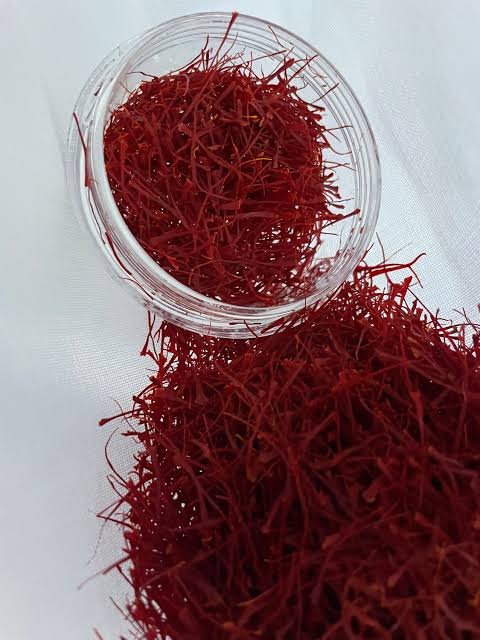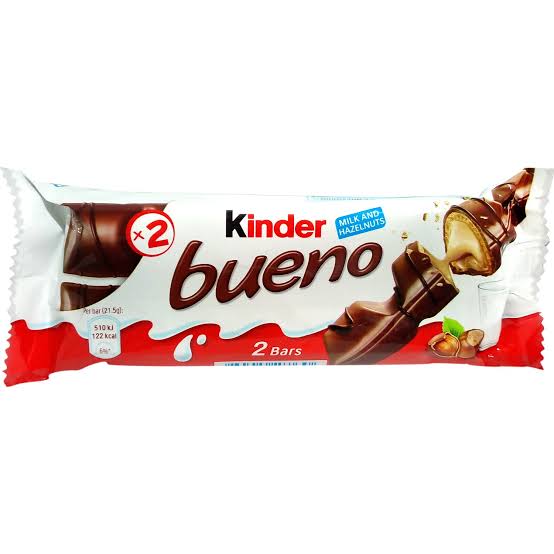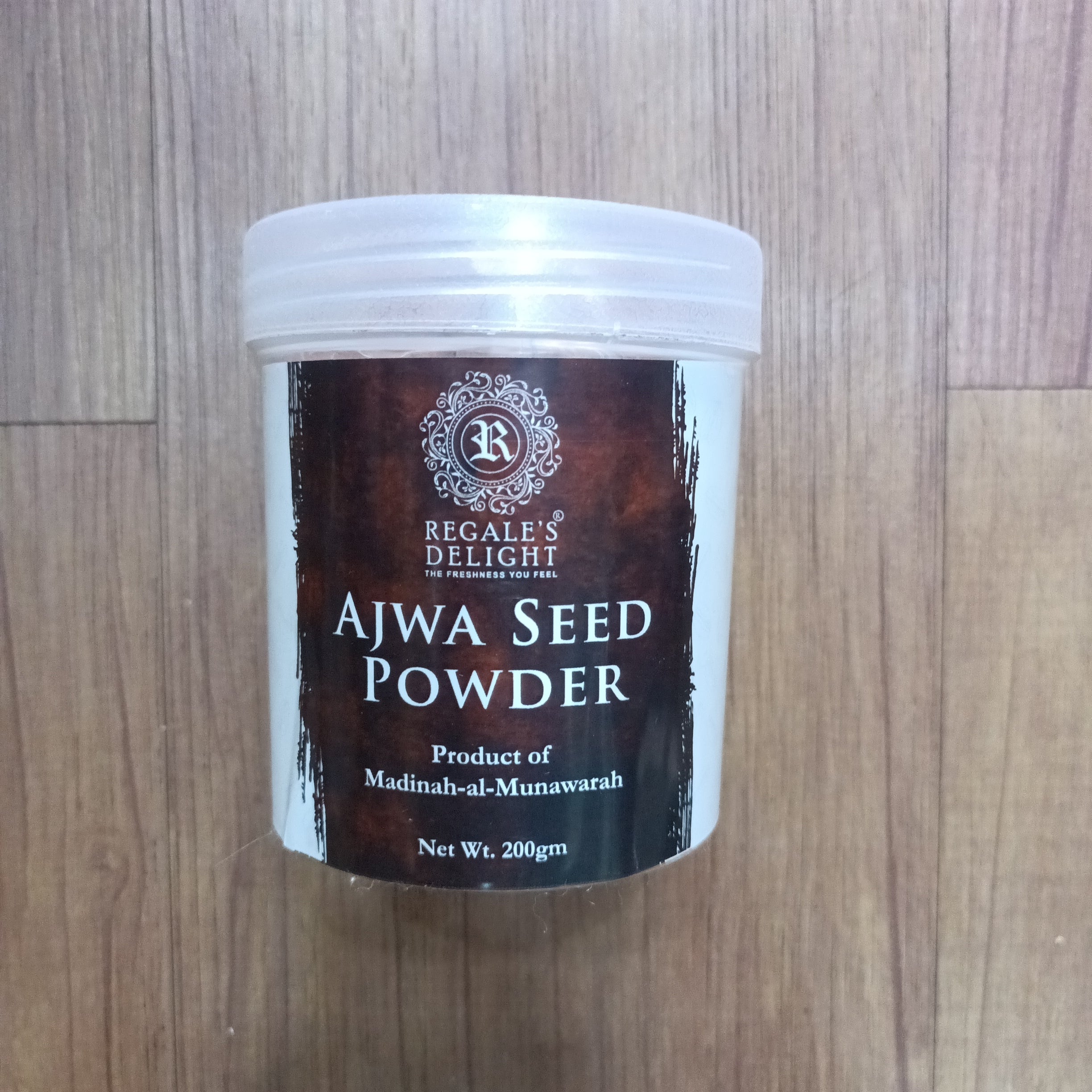Dry fruits and nuts are more than just tasty snacks they’re tiny powerhouses of nutrition, essential for a balanced, healthy lifestyle. But in today’s market flooded with options, identifying quality dry fruits and nuts can be overwhelming. Whether you're buying for health reasons, festive gifting, or gourmet snacking, knowing how to choose premium quality is essential.
In this blog, we’ll walk you through everything you need to know to recognize high-quality dry fruits and nuts, avoid substandard or adulterated products, and ensure you get the best value for your money.
Why Quality Matters in Dry Fruits and Nuts
When you invest in dry fruits like almonds, cashews, raisins, or dates or in nuts like walnuts, pistachios, or hazelnuts you're not just buying taste. You’re buying nutrition, freshness, and purity. Low-quality products may lack nutrients, be chemically processed, or even contain harmful additives.
High-quality dry fruits and nuts:
-
Have a longer shelf life
-
Retain maximum flavor and nutrients
-
Are free from chemicals and artificial polish
-
Provide better health benefits
-
Are safer for long-term consumption
1. Check the Appearance: Size, Color & Texture
One of the easiest ways to judge quality is by visual inspection.
-
Uniformity: Premium dry fruits and nuts are usually uniform in size and color. Variation could indicate mixing of old and new stock.
-
Color: Naturally dried fruits retain a mild, non-glossy tone. Too shiny? They may be polished or artificially treated.
-
Texture: Good-quality nuts like almonds and cashews should feel firm and smooth, not soft, wrinkled, or shriveled.
Tip: Avoid any product that looks unnaturally bright or oily it could be treated with chemicals or coated to look appealing.
2. Smell Test: Freshness Has an Aroma
High-quality nuts and dry fruits have a mild, natural aroma. For example:
-
Walnuts should have a slightly earthy, woody smell.
-
Almonds smell fresh and slightly sweet.
-
Rancid or sour smell means the product has turned stale or spoiled due to poor storage or age.
Pro Tip: When buying in stores, request to smell a sample. If buying online, opt for trusted retailers that offer fresh stock with return policies.
3. Check for Additives or Sugar
When it comes to dried fruits like figs, raisins, or apricots:
-
Go for the unsweetened versions.
-
Check the ingredient label there should be no added sugars, preservatives, or colorants.
-
Avoid products with “glazing agents” or “coating oils” unless it's natural like a light sunflower oil coating to prevent sticking.
This is especially important for health-conscious buyers who want the raw, unprocessed benefits of fruits and nuts.
4. Moisture & Crispness: Feel the Difference
Quality dry fruits should not feel damp or sticky (unless it’s a moist variant like dates or anjeer). They should:
-
Snap cleanly (in case of nuts like almonds or pistachios)
-
Chew softly and not be rubbery (in case of raisins or figs)
Too much moisture can indicate improper drying or poor packaging, which may lead to mold.

5. Know the Source: Region & Origin Matter
Just like coffee or wine, the origin of dry fruits and nuts matters. Certain regions are known for better climate and soil conditions, leading to superior taste and nutrition.
For example:
-
California almonds are larger and sweeter than local ones.
-
Ajwa dates from Medina are prized for their softness and spiritual value.
-
Iranian pistachios are known for their flavor richness and bold green hue.
Always check the product origin and buy from sellers who transparently mention it.
6. Packaging and Expiry Date
Premium dry fruits and nuts are:
-
Vacuum-sealed or nitrogen-flushed to preserve freshness
-
Packed in airtight, resealable containers
-
Clearly labeled with expiry/best-before dates
Avoid loose, unpackaged nuts from unknown vendors they’re more likely to be contaminated with dust, moisture, or even pests.
7. Buy from Trusted Brands or Curated Stores
With online shopping on the rise, you have access to premium-quality nuts and dry fruits but only if you buy from the right source.
Trusted platforms like Regales Delight curate premium dry fruits and nuts with quality assurance, hygiene standards, and proper packaging. You get authentic products, sourced from the best farms globally, without the risk of adulteration or old stock.
8. Price vs. Quality: Understand the Value
Yes, premium nuts and dry fruits cost more but that’s because they’re:
-
Free from chemical treatment
-
Ethically sourced
-
Packaged to retain freshness
-
Richer in nutrients and flavor
Don’t fall for cheap deals they often involve low-grade, aged, or inferior products that may lack both taste and health benefits.





